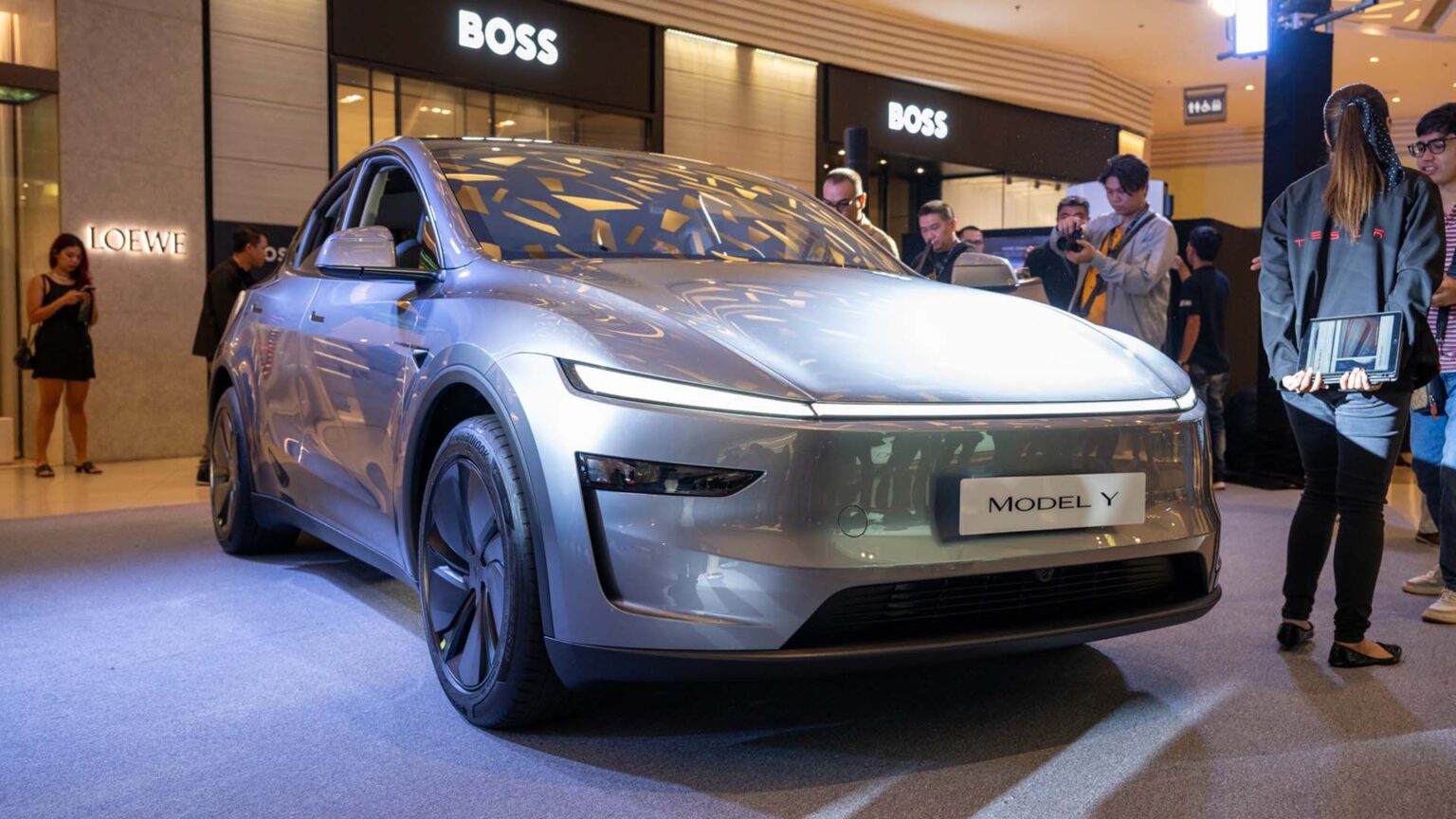Tesla’s grip on the electric vehicle market continues to weaken in 2025, as the automaker faces its steepest sales decline in over a year. Despite a January refresh of its best-selling Model Y and the long-anticipated reveal of the “autonomous” Cybercab, Tesla sales dropped sharply, particularly in California, its original stronghold.
2025 Sales Slump Highlights Mounting Challenges for Elon Musk’s EV Giant
According to new data from the California New Car Dealers Association, Tesla registrations in California fell by 15.1 percent in the first quarter of 2025. That marks the sixth consecutive quarterly decline for the company in the state, where new vehicle registrations as a whole actually rose 8.3 percent year over year. This downturn is not just a blip — it’s a sign of shifting momentum in an EV market Tesla once dominated.
Even more striking, Tesla’s share of California’s electric vehicle market dropped from 55.5 percent to 43.9 percent between Q1 2024 and Q1 2025. As Elon Musk continues to pivot Tesla’s focus toward autonomous driving and political commentary, consumers appear to be looking elsewhere for less dramatic, fresh, and affordable EVs.
Is Tesla Struggling?
The fall in Tesla’s California dominance is a symbolic and strategic blow. California is not only the largest EV market in the U.S., but it’s also where Tesla was born. However, Musk’s increasingly controversial political positions and his relocation of Tesla’s headquarters to Texas in 2021 have damaged his standing in the blue-leaning state. Over the past few months, protesters have targeted Tesla showrooms, rallying against Musk’s affiliations with Donald Trump and his role in the White House’s DOGE office.
Tesla Has Always Been A Cultural Movement
Folks whinging about the sharp decline in Tesla love based solely on its CEO’s new political career are simply seeing the other side of the same coin Tesla has always flipped. Tesla is one of the more influential carmakers of the last century. It is largely responsible for the cultural adoption of electric vehicles (EVs). No matter what, that will always remain true. However, much of its success was driven by a cultural engine that sought to signal its owners’ eco-consciousness and wealth.
The other shoe is now dropping. Elon runs a cult of personality, not unlike his presidential business partner. However, what Tesla represents today is something wholly different and is having the opposite effect that its cultural standing once had.
Tesla Owners Want Off The Ride
This souring relationship with California residents has led to a dramatic rise in trade-ins. In March, Tesla vehicles accounted for 1.4 percent of all trade-ins in the state, representing a 250-percent increase from the same period last year, according to Edmunds.
But it’s not just California where Tesla is slipping. The company recently reported a 13-percent drop in global deliveries for Q1 2025 — its worst performance since early 2022. While Tesla did beat earnings expectations with $0.62 per share, revenue fell short, and Tesla’s stock is down 35% year to date, despite a 12-percent bump after its earnings call.
TopSpeed’s Take
So, is Tesla struggling? While Elon Musk insists the future lies in autonomous vehicles, skepticism remains. The upcoming Cybercab is slated for a 2026 production start, but its launch heavily depends on regulatory approval for its “Full Self-Driving” software, a feature Tesla has been promising for years. Musk says he expects approval in Texas and California by 2026, but until then, Tesla must compete with an aging lineup in a market flooded with innovative competitors and a public opinion on par with a dog who’s just rolled in it and tries to lick your face.
The Tesla sales slump is real, and 2025 is shaping up to be a pivotal year. As legacy automakers and startups alike eat into its market share, Tesla must decide whether to double down on its CEO’s political career or focus on building better cars, rather than playing with the federal government.
Read the full article here


